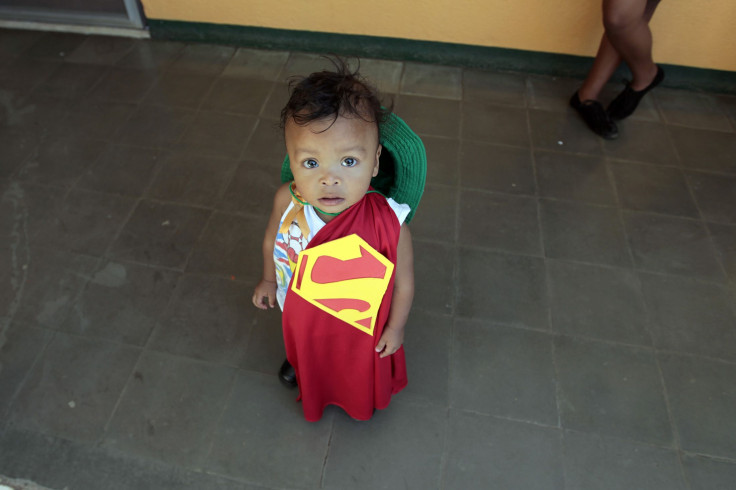Childhood cancers curable, believes expert; ‘Jeans for Genes’ campaign gathers steam

Leading Australian researcher and oncologist, Prof. Roger Reddel, who is also the Director of the Children's Medical Research (CMRI) Institute, believes that all childhood cancers will be curable in near future. Even 50 years ago, very few children survived childhood leukaemia, but now the cure rate is upwards of 80 percent.
Still, there are certain forms of the deadly disease such as neuroblastomas, cancer in nerve tissues that still defy human understanding. There has been little improvement in survival when it comes to these cases. According to Prof. Reddel, his aim is to cure all cases of cancer. To him, it is not about eradication where no child will get cancer but it is about every child getting cured of cancer. There is immense room for improvement and it is just a matter of how fast and when. It is all a matter of resources.
One of the ambassadors for “Jeans for Genes,” a former swimming champion, is asking people to go “crazy” on Aug. 4 for denim. Research needs money, and the national fundraiser currently helps to fund the ProCan initiative and also supports the CMRI. ProCan uses specialised equipment to analyse 70,000 cancer samples from all over the world. The data will hopefully enable cancer specialists to diagnose patients with 24-36 hours, and also determine the most effective treatment.
“This is all about extracting data out of the tumours that will help the cancer clinician make the best possible choice for each individual patient. What we're particularly focused on is the proteins in cancers because it's the protein that primarily determines the response to treatment,” Prof. Reddel told SBS.
A major part of the ProCan funding will go towards finding treatments for rare genetic diseases. Meanwhile, scientists in a different part of the world have developed personalised melanoma vaccines that activate body’s immune system to fight off the disease. Results have been most promising. The researchers were able to spur the immune system of the patients having the cancer by using the unique differences in each patient’s condition. During the early stages of the study, a total of 19 patients were treated.
The next step is to test the vaccines in larger clinical trials. More work is needed to check if these vaccines are better than the existing treatments, if they are able to improve survival rates and what their long-term effects would be. [READ MORE: Melanoma cure: New personalised skin cancer vaccines activate body’s immune system to fight off disease]. Stay tuned on IBT AU for more updates on childhood cancer cure.





















